Blended travel, a recent trend in the forever-evolving travel industry, is changing how we see the world. This creative method, which blurs the boundaries between work and play, is changing the way we travel and upending the status quo of travel accommodations. Let's explore the shifting behaviours and also how our understanding of the travel business is evolving and how blended travel has become the ideal corporate travel solution for many.
Cohesively combining leisure and business travel on the same trip is known as blended travel or bleisure. The present-day travellers are mindfully blending and combining business and personal obligations without boundaries. They are no longer limited to tightly defined work or holiday periods. The need for a more flexible and all-encompassing approach to travel, which recognizes that business and play may coexist, is reflected in this change.
Gone are the days when travelling for work constituted stringent deadlines, meetings, and just a couple of hours. Today, organizations are more driven towards presenting their employees a peaceful and productive sphere., blended travel plays a huge role in creating a sane space with its allowance for leisure in a business trip. Wondering how bleisure is one the rise and how it became such a big thing in the corporate sphere? SKIL corporate travel will explain how this has gained much attention:
Remember the bygone times when employees secretly added some extra time to their business travels without the knowledge of their employers or managers? Now, such instances are obsolete. Today, due to the reduced overall cost of travel and hybrid work models, there has been widespread adoption of blended travel. Employees can concentrate on both working and spending some extra time doing touristy things.
Blended travel fosters a departure from hectic schedules. Travellers, in the present time, now relish the adaptability to extend business trips for leisure or weave work responsibilities into longer vacation stays. This flexibility facilitates a more personalized and delightful travel experience.
The idea of a workcation is developing from the more traditional vacation. People are picking travel locations that include both leisure and business services so they may work from home and take advantage of a change of scenery. As remote work grows in popularity, these trends are especially noticeable.
Experiences with authenticity are what blended travellers look for. They stay in places that offer a taste of local character and culture instead of generic business hotels. Due to this change, there is an increased demand for distinctive housing choices that provide a more immersive experience, such as boutique hotels and luxury hotels.
Meetings and boardrooms are no longer the exclusive settings for business travel. The focus of blended travel is on enhancing personal time while on business trips. Visitors can prolong their stay to take in the local cuisine, see historical sites, and partake in cultural events.
By providing flexible accommodation options, the hospitality sector is adjusting to mixed travel. By offering co-working spaces, high-speed internet, and amenities that facilitate remote work, hotels and serviced flats are meeting the needs of business travellers.
Resorts and hotels are updating their spaces to make room for remote workers. Creating specific work areas on the property is one way to make sure that visitors can easily switch between work and play while they are visiting.
The emergence of mixed travel has accelerated the creation of integrated booking platforms. With the help of these platforms, travellers can easily arrange and reserve their leisure and business travel all in one location. Integrated platforms make planning easier by organising everything from travel and lodging to co-working spaces and local activities.
Taking into account the needs of blended travellers, technology is essential. Modern technology is being used by hotels and transport providers to improve the visitor experience. Contactless check-ins, virtual concierge services, and effective connectivity for demands related to remote work are examples of this.
In an effort to draw in more diverse travellers, destinations are reassessing their marketing tactics. It is now important to highlight a destination's distinctive mix of business and leisure activities. Urban areas are marketing themselves as places where people may work, offering a flourishing business environment, outdoor recreation opportunities, and a lively cultural scene.
SKIL Corporate Travel is a pioneer in the realm of blended travel for corporate clients, expertly merging work and play. Customised travel schedules guarantee a well-balanced combination of work-related obligations and restorative activities. By emphasising adaptability, SKIL Travel turns business travel into a whole experience that boosts wellbeing and productivity for a genuinely enriching trip.
The popularity of mixed travel signifies a profound change in our understanding of and interactions with the outside world. Travellers are adopting a more flexible and integrated approach to their travels, unconstrained by strict divisions between business and play. These behaviors or this trend is forcing the travel industry to develop and adapt as it gains traction, paving the way for the smooth coexistence of work and pleasure.
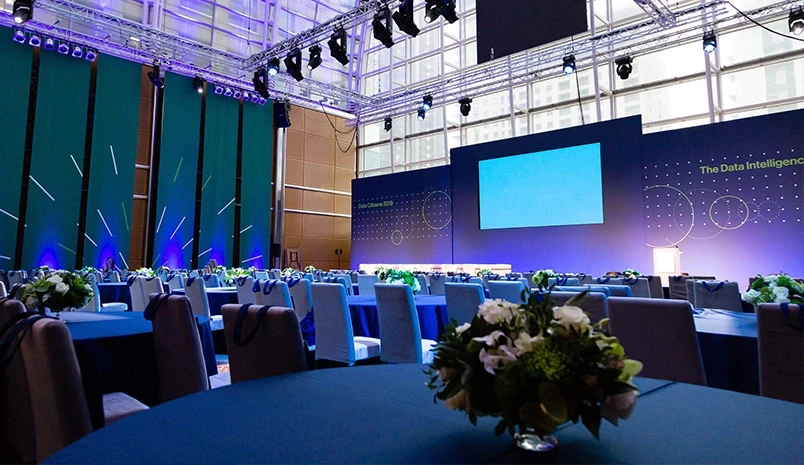
The world of corporate events is evolving, and 2025 is expected to usher in new trends and innova...
- 21 April 2025 | by SKIL Travel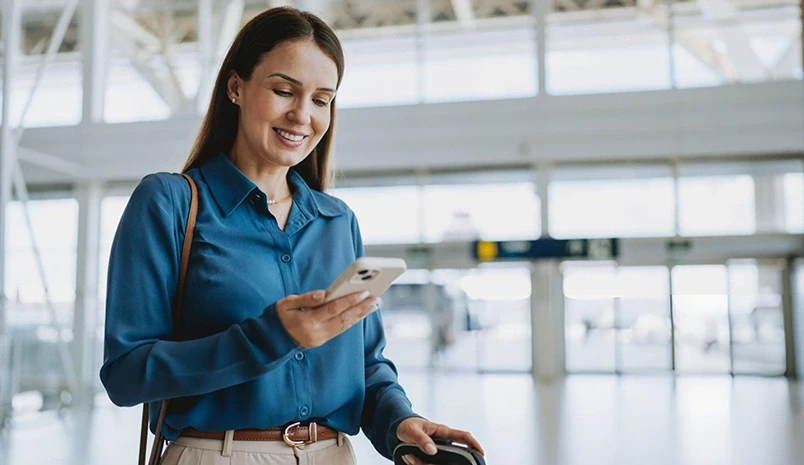
In today's dynamic business environment, corporate travel in India is no longer limited to fl...
- 18 April 2025 | by Hospemag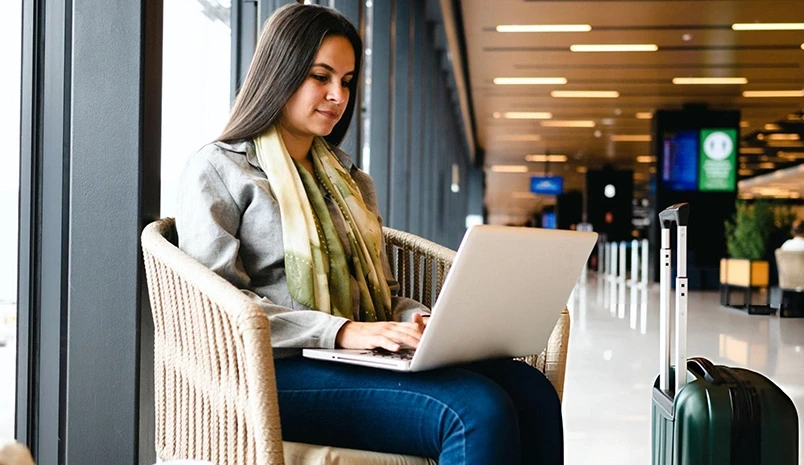
The role of Corporate travel is becoming more and more significant as businesses are growing and ...
- 14 April 2025 | by Impact News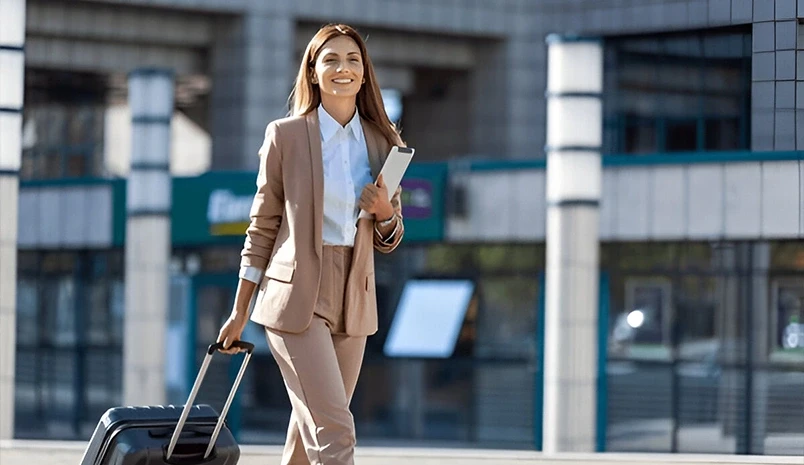
Corporate travel has come to be one of the core components of every organisation and is instrumen...
- 11 April 2025 | by Hospemag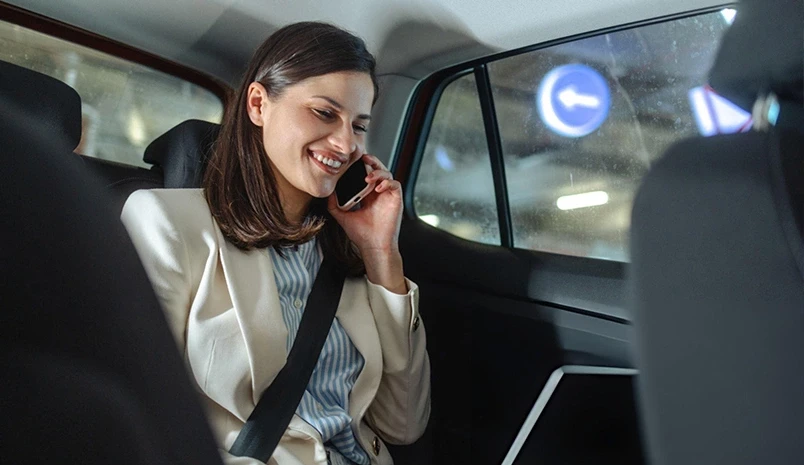
Today the world of business is fast paced and it is truly ever-evolving. With this the importance...
- 07 April 2025 | by SKIL Travel